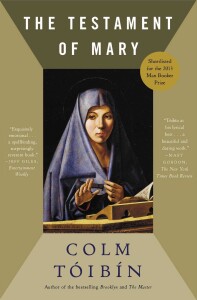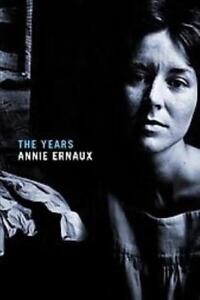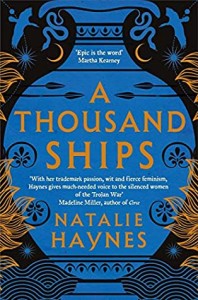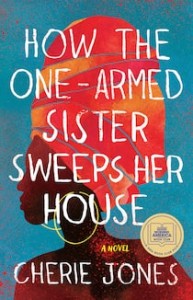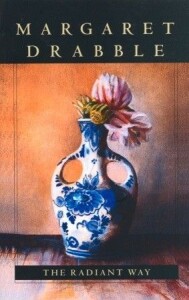
I dove into this 1987 novel, having long been fascinated by the way Drabble uses the closeup of individual lives to chronicle social history. We begin at a New Year’s party in 1980 with three longtime friends, now approaching midlife turning points, even as Britain itself enters a decade of change wrought by Prime Minister Margaret Thatcher and her cronies.
At the party Liz Headland, a psychologist, finds that her marriage to Charles, long tamed by child-rearing and busy careers, is falling apart. Alix Bowen is becoming disillusioned with her work as a teacher within Britain’s social-welfare network, feeling that the progressive fervor of the previous decades has not accomplished much. Artist Esther Breuer, pessimistic about the role of art in a changing society, contemplates leaving London for good and moving to Italy.
The three had met at Cambridge twenty-five years earlier, their social and academic success there promising brilliant careers. In a nod to The Prime of Miss Jean Brodie, they are “the crème de la crème” of their generation. However, at this point, Liz is the only one of the three to be financially stable, though even that might change with her divorce. Alix and Esther do piecemeal work and are often criticised for wasting their brains and for lacking ambition.
While wrestling with their own disappointments and demons, they navigate a society that is turning away from the socialism that has helped Britain recover from WWII, to a ruthless capitalism that rewards winners and ignores the suffering of losers.
In much of my reading over the last few months I’ve been looking at how writers balance the personal lives of their characters with the larger events in their world. In some cases, such as Sisters of Night and Fog by Erika Robuck, the correlation is obvious and inescapable. In others, such as Wives and Daughters by Elizabeth Gaskell, it is more subtle. Here I feel Drabble’s social context—miner’s strikes, social service cuts, a serial killer—sometimes overwhelms her characters’ lives.
I know from reading other novels by Drabble that her style is rather dense, with more exposition and fewer dramatic scenes than we are used to in today’s fiction. That’s okay with me—I search out these novels that call for a little more attention. I enjoyed the deep dive into the minds and hearts of these three women. The other characters are well-drawn and fascinating, not only within themselves but also how they interact with and affect Liz, Alix and Esther.
The novel is a wonderful portrait, not only of these characters, but of a decade whose changes are only now starting to lose steam. I found its paean to friendship between women equally fascinating, especially the way their bond survives even as each of them transforms in the course of the novel.
What novel set in the 1980s have you enjoyed?

